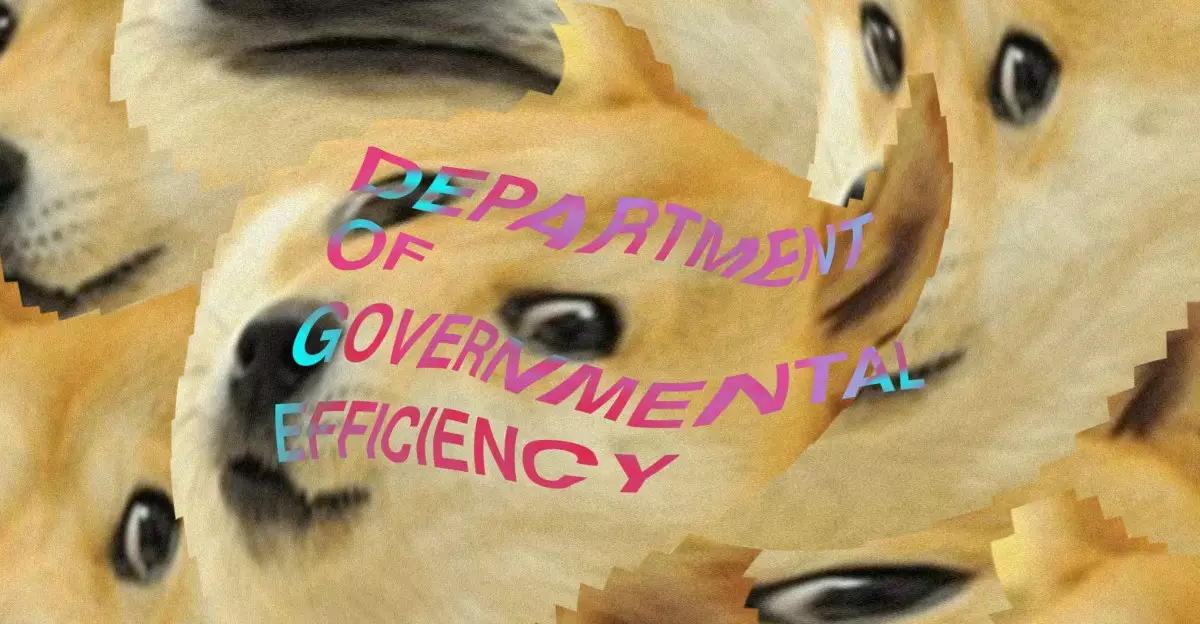In recent weeks, a political furor has erupted surrounding Marko Elez, a 25-year-old staffer within the Department of Government Efficiency. With his purported unparalleled access to the Treasury Department’s payments systems and reports of his controversial social media presence, Elez’s case brings to the fore the delicate balance between technological governance and ethical accountability within government roles. The consequences of his actions not only reflect on his individual character but also raise broader questions about the hiring practices and oversight mechanisms implemented by governmental bodies.
Elez’s situation serves as a stark reminder of the implications that social media behavior can have on one’s professional life. Numerous reports indicated that Elez maintained a profile that contained racially charged posts, advocating for extreme and regressive policies, such as the repeal of the Civil Rights Act and the establishment of a eugenic immigration strategy. The juxtaposition of such incendiary rhetoric with a position of power in the government raises serious ethical concerns. It underscores the need for a deeper analysis of how individuals with suspect social media histories can be scrutinized and possibly held accountable when they enter public service.
Elon Musk’s engagement in this controversy, wherein he suggested through a poll on X whether Elez should be reinstated after his resignation, adds an additional layer to the ongoing discourse. Musk’s approach—a seemingly casual reference to Elez as a “kid” whose life should not be defined by “stupid social media activity”—was met with mixed responses. While some see it as a sign of compassion and an opportunity for redemption, others view it as an alarming endorsement of behavior that could undermine vital governance principles. This division encapsulates the broader societal debate about personal accountability in the age of social media.
The revelations surrounding Marko Elez also spotlight critical inadequacies within governmental hiring practices and their approach to ethics. There seems to be a disconnect between the technical expertise required for such a position and the fundamental values that must accompany it. Having access to sensitive information systems poses significant risks, particularly when individuals may harbor extremist views. Institutions must re-evaluate their vetting processes to ensure that personnel not only possess the requisite skills but also align with the ethical standards expected of public servants.
The case of Marko Elez illustrates a troubling intersection between technology, governance, and social media dynamics. As the discourse evolves, it becomes increasingly clear that thoughtful oversight mechanisms are essential for safeguarding democratic principles and ethical governance. Moving forward, greater emphasis must be placed on the implications of digital footprints as they pertain to the public sector, ensuring that those who hold positions of authority reflect the values of accountability and integrity. This incident not only challenges current practices but also provides an opportunity for structured reform that prioritizes ethical considerations in government employment.

